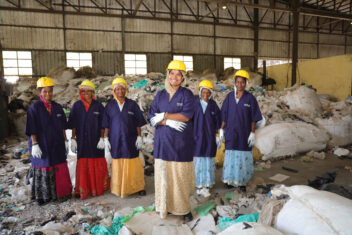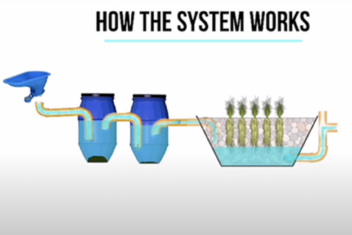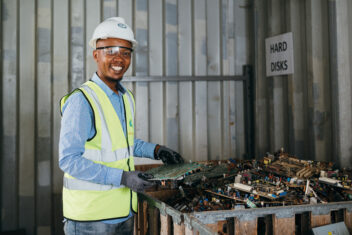Looking for alternatives to plastic | A world of innovation
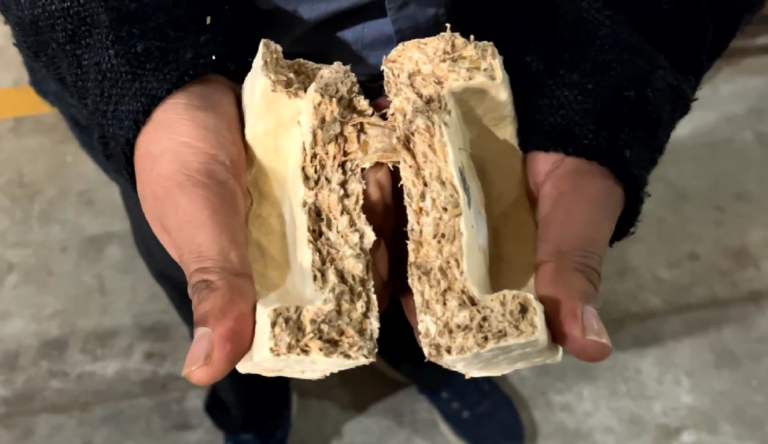
Plastic, due to its versatile nature, has been widely used for various purposes over the years leading to increased consumption. This, in turn, has created disposal challenges as plastics do not decompose and the majority are difficult to recycle. Inadequate disposal of plastic comes at a high cost and is causing environmental pollution, health risks, and economic burdens. This particularly impacts communities in low and middle-income countries who lack the resources to manage and process such waste sustainably. As a result, in recent years, there has been a growing recognition of the need for alternatives to plastics to protect our environment and planet.
Growing need for answers
In response to the rising concern about plastic, scientists, material engineers, and start-ups have begun to emerge to propose their solutions. People from all over the world are acknowledging the issue and starting to reinvent themselves by selling products that have the potential to compete with their strong plastic rival.
“It is the worst of times, but it is the best of times because we still have a chance” – As world-renowned Sylvia Earle (one of the first female oceanographers on plastic pollution) states, there is still hope that change is possible and that solutions can be found if we know where to focus our attention and resources.
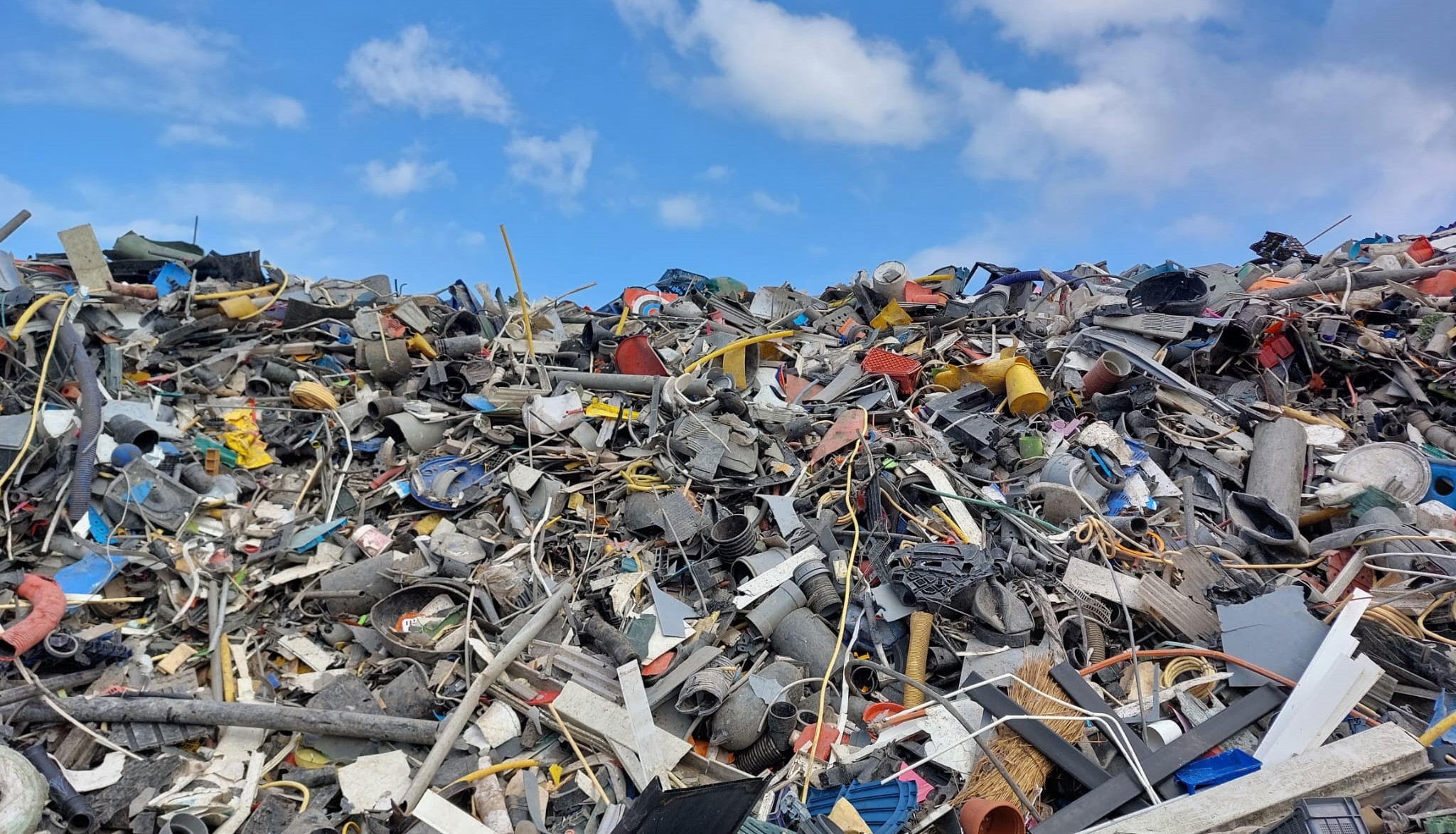
FINILOOP
WASTE’s city-level plastic waste management programme, FINILOOP, is helping to find sustainable solutions to this global challenge. FINILOOP connects and strengthens actors along the entire waste value and service chain to ensure cleaner environments for all and a more inclusive and transparent circular plastic economy. This is made possible by working together with local partners to help strengthen and scale local enterprises and start-ups, create safer and more dignified job opportunities for informal waste workers, empower communities and attract additional funds into the waste value chain.
Part of the programme is to reduce plastic use, including looking to alternative materials. The FINILOOP model is grounded in sustainability and environmental protection, aiming to decrease the amount of plastic waste produced by cities and mitigate its harmful effects on the environment. By promoting sustainable practices, such as alternative to plastics and working with businesses, the model encourages initiatives that are both environmentally friendly and economically beneficial.
Ultimately, FINILOOP serves as a remarkable example of how innovative solutions can be leveraged to tackle vital environmental issues.
Existing innovation
The increasing concern over plastic pollution has prompted a search for viable alternatives to plastic, leading to the exploration of various materials and resources. In this regard, plant-based materials offer a promising alternative for producing a wide range of products.
FINILOOP is expanding its knowledge in these possible alternatives, to lower the levels of problematic plastics. Within the programme there are many startups that can be pioneers of new materials and uses, Dharaksha EcoSolutions, in India, is one of them. Dharaksha is utilising Mycelium to produce biodegradable packaging material, a bio-engineered form of fungi hyphae made from agricultural waste and root-like structures. Mycelium is highly versatile, used for making organic plastics, scaffolding for organ growth, and primarily as eco-friendly packaging material. Mycelium has emerged as a sustainable packaging material due to its similarities with polystyrene. Mycelium foam, like polystyrene, is lightweight, insulating, and easy to mould. Unlike polystyrene, it chars but doesn’t melt or ignite, making it a cost-effective and sustainable alternative for packaging. This company leverages the properties of mushrooms to combat plastic pollution and agricultural waste simultaneously. Their innovative approach underscores the importance of finding creative solutions to environmental challenges.
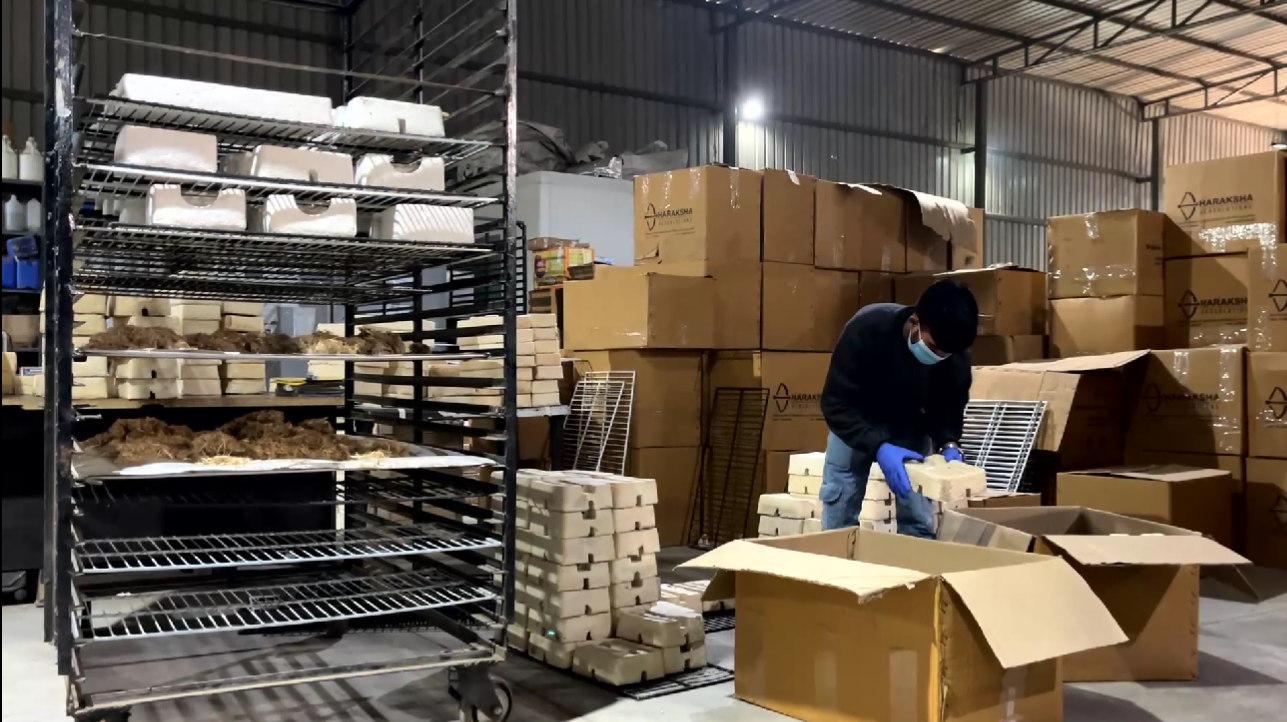
Other innovative examples from across the globe, include Easy-Flux, in India, who has developed compostable garbage bags made from cornstarch that decompose into compost within about six months, posing no harm to the environment. Similarly, Green Maneuver Industries LLP offers biodegradable alternatives to plastics crafted from natural starches and vegetable oils. These sustainable options provide a practical solution across diverse applications without compromising on quality or convenience.
Finally, unconventional materials have been utilised to create biodegradable alternatives. For instance, Evoware’s edible seaweed sachets, in Indonesia, offer a novel solution to single-use plastic packaging, while Monosol‘s water-soluble films, in Indiana, dissolve harmlessly, leaving no trace behind. These innovative approaches highlight the potential for leveraging natural resources in the fight against plastic pollution.
Challenges to overcome
Alternative materials like bioplastics and compostable plastics face challenges. However, when competing with cheap traditional plastics cost is a major issue as alternative materials are often more expensive to produce. Additionally, they may not offer the same performance and durability as traditional plastics.
Often the infrastructure for producing and recycling alternative materials is less developed compared to traditional plastics, causing supply chain challenges. This has the potential to make implementing sustainable processes difficult and may lead to longer development times. A challenge which Dharaksha knows well: “we were very clear that we didn’t want a business which was producing sustainable products but carrying out unsustainable practices.” Dharaksha persevered and, although it took a long time, have ensured their supply chain and processes from end to end are sustainable and are continuing to develop and monitor this with the expertise of FINILOOP.
Finally, regulatory complexities and the need for specialised recycling processes further hinder the widespread use of alternative materials. Despite these challenges, with advancements, increased awareness and the sharing of vital expertise, alternative materials have the potential to become more competitive in the future.
Now, more than ever, through initiatives like FINILOOP we need to support businesses innovating and working with alternatives to plastics as they hold great promise in addressing the environmental challenges of our time. By supporting companies that prioritise sustainability and eco-consciousness, consumers like you and me can play a crucial role in shaping a greener and more sustainable future for generations to come.
Find out more about FINILOOP and how it is revolutionising sustainable practices in the plastic waste sector. Share your examples of alternative solutions and join us in making a difference for a greener future: [email protected].
By Vanessa Bazzoli, FINILOOP intern specialising in alternatives to plastics.
